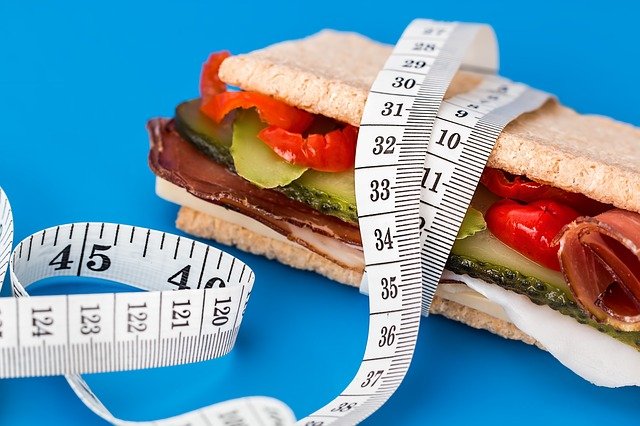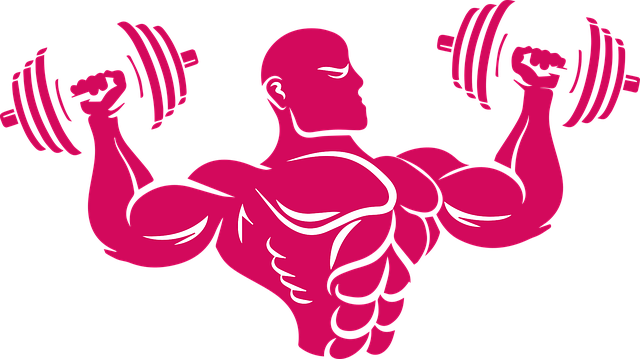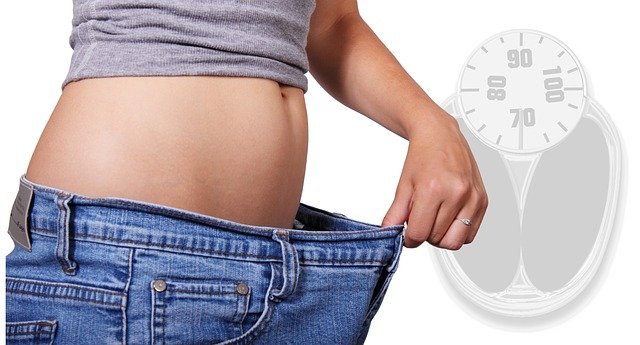Weight Gain
Body Weight Gain and Obesity – What You Need to Know About the Connection
Some forms of weight gain are usually associated with a medical condition and not a normal process. For instance, it’s normal (and sometimes even necessary) to increase some weight when pregnant, and weight gain often accompanies normal growth in growing children. But unplanned or undesired weight gain can become troublesome and should be avoided. Here are a few factors that can lead to weight gain, how to deal with it, and what to do about it.
One reason people gain weight is often poor nutrition. People who eat too much carbohydrates or fat gain weight, regardless of their age or health. To avoid gaining weight in this way, eat a well balanced diet low in fat and high in carbohydrates. Some healthy weight gain diets recommend a diet of 50% carbohydrates, 35% protein, and the remaining portion of the diet should be fats. Other foods that are considered to be carbohydrates include breads, pasta, cereals, potatoes, rice, and fruits.
Certain types of food raise the level of insulin in your body. Insulin is a hormone that is responsible for regulating the amount of glucose in your blood stream. When you eat carbohydrates, your blood sugar level rises. As your blood sugar increases, your insulin increases to keep your glucose level stable. If you are genetically predisposed to diabetes, eating too many carbohydrates or eating a lot of fat can cause this problem. To avoid insulin resistance, make sure you are only eating the right kinds of carbohydrates, staying physically active, and limiting your fat intake.
Fatty foods can also increase your weight gain, as long as you consume them in large quantities on a regular basis. People who have an insatiable appetite tend to overeat and can suffer from obesity-related issues such as insulin resistance, high cholesterol levels, and Type II diabetes. In order to curb your appetite, limit your consumption of foods that are rich in carbohydrates, including french fries, fried chicken, potatoes, sugar-rich drinks, white rice, and white bread.
Weight gain can be affected by the types of food you eat, but there are certain food intake suggestions that can help you curb your appetite and curb your weight gain. Eating oatmeal with peanut butter or a yogurt smoothie with a banana or apple is a great way to help your body weight stay stable while you’re on a diet. For breakfast, eating a glass of milk or a bowl of cereal with a small granola bar can provide your body with the sugar and carbohydrates it needs to stay balanced throughout the day.
Some people may find comfort in the fact that obesity is a problem that affects many people around the world. In fact, one out of every four has obesity related issues. However, if you feel bad about yourself because you’re gaining weight, this can actually contribute to more weight gain, not to mention a poor self-image. It’s important to get help from a trained professional to help you deal with the issue of obesity. It may mean changing your eating habits to healthier choices and making mental adjustments to your thought processes in order to change your negative thinking patterns.
The best treatment for obesity and to stop weight gain is prevention through nutrition education. Educating yourself about nutrition and about body weight is the first step in fighting back against obesity. Your doctor or nutritionist can give you the information you need to reduce your body weight, including ways to keep your body weight within safe limits and how to maintain your nutrition levels when you’re an underweight state. This includes making sure that you eat enough fruits and vegetables and that you have steady physical activity each day.
People who have too much adipose tissue in their bodies, also called adipose tissue, actually store more calories than what they consume. When your body fat increases, so does your weight. This extra weight gain is more than just having some extra body fat. Instead, excess weight gain is due to a combination of factors like a high calorie diet, high amounts of physical activity and the storage of more calories than what is consumed.
-

Introducing New Foods To Gain Weight Faster
I admit that I have been guilty of focusing primarily on the ectomorph body type, also known as the “hardgainer”…
Read More » -

Weight Gain for Men!
Wanting to gain weight and some serious lean muscle mass? Here are some useful tips on how to gain weight…
Read More » -

Revolutionary Weight Gain Diet Of Rookie NRL Footballer
Tariq Sims is a NRL footballer that signed with the North Queensland Cowboys for the 2011 season – making his…
Read More » -

How to Measure Body Fat With Calipers?
The true goal of any dieter is to lose fat mass and perhaps increase muscle mass, ultimately resulting in a…
Read More » -

Easy Weight Gain Plan for Gaining Muscle!
You go to GNC and load up your basket with all the latest “Anabolic Technology”. Fresh with weight-gainers, pre-workout stacks,…
Read More » -

Calorie Counting And Weight Gain App For Android
One of the oldest adages in the nutrition game is to that to gain weight you must take in more…
Read More » -

How Do You Develop Good Nutritional Habits?
For skinny guys and girls it takes some effort to get in shape, gain weight, build muscle mass, and just…
Read More » -

Anxiety Relief Tips!
Stress and anxiety can get in the way of doing your best and achieving your goals you have set out…
Read More »